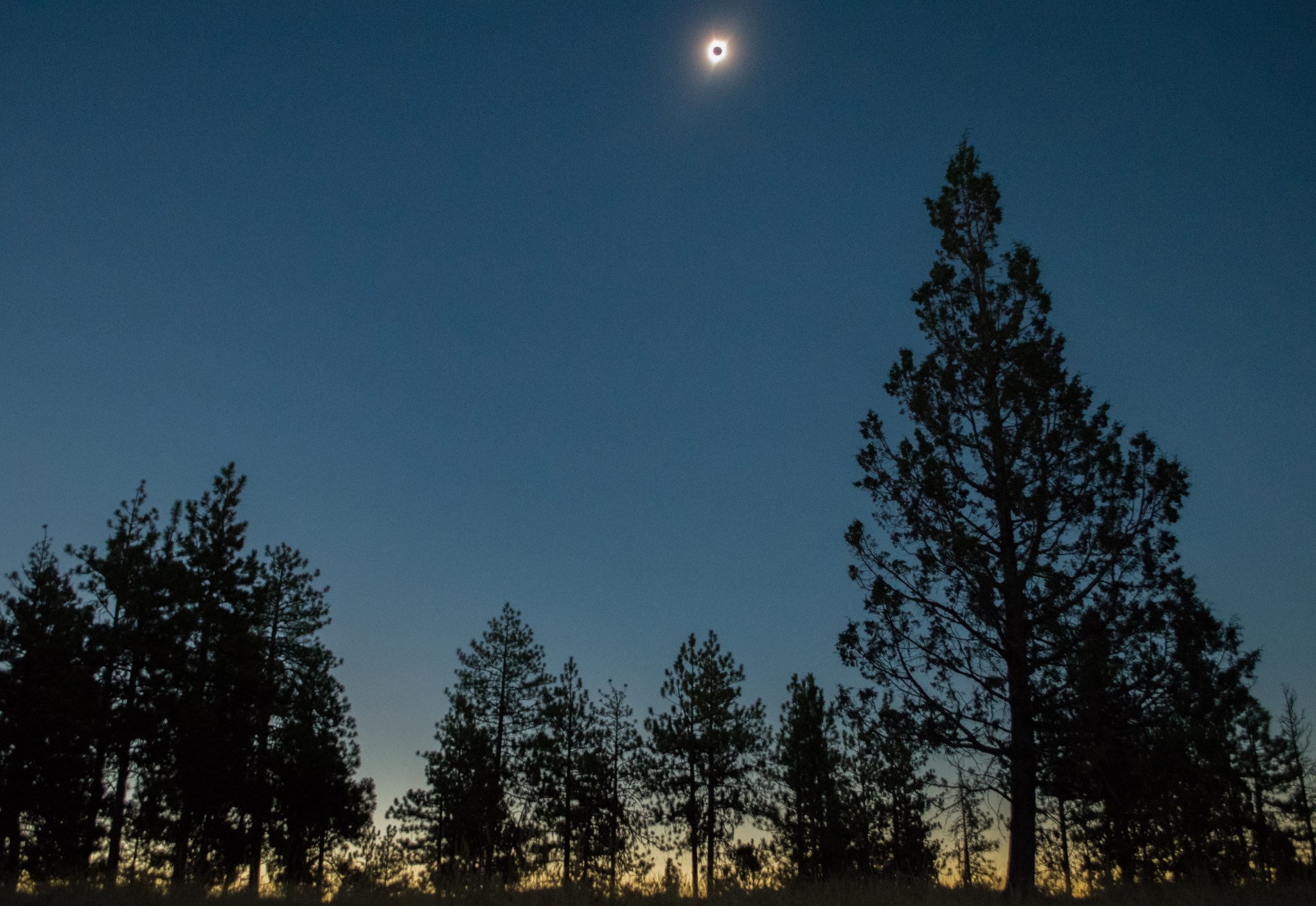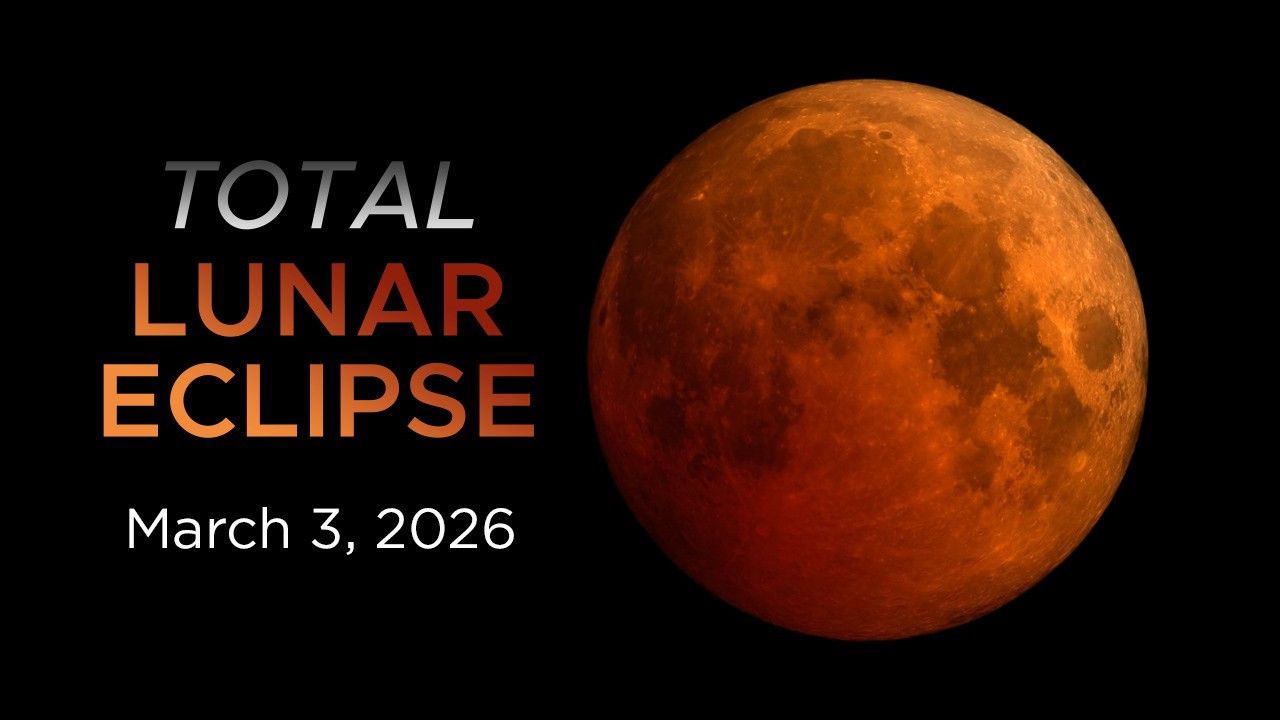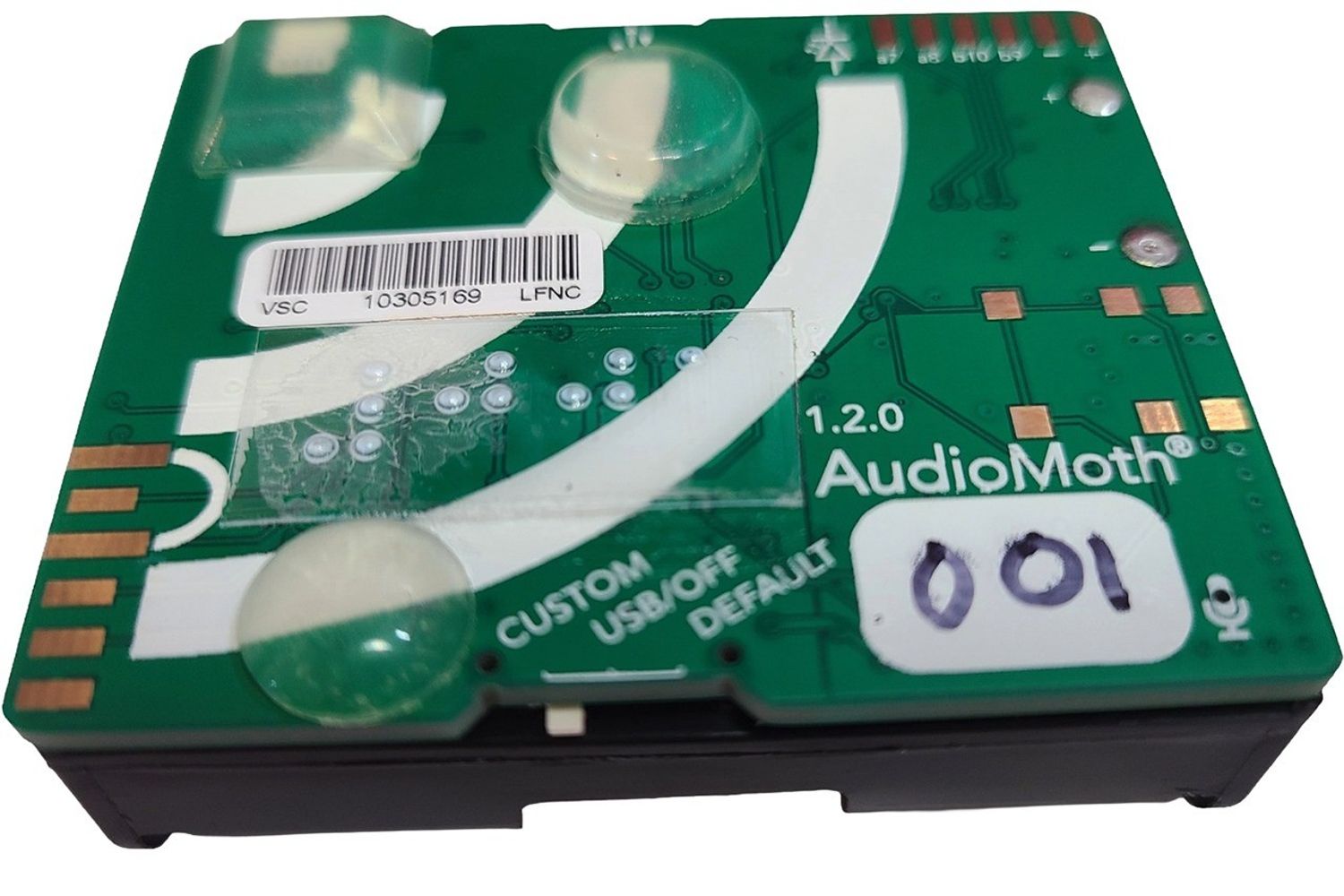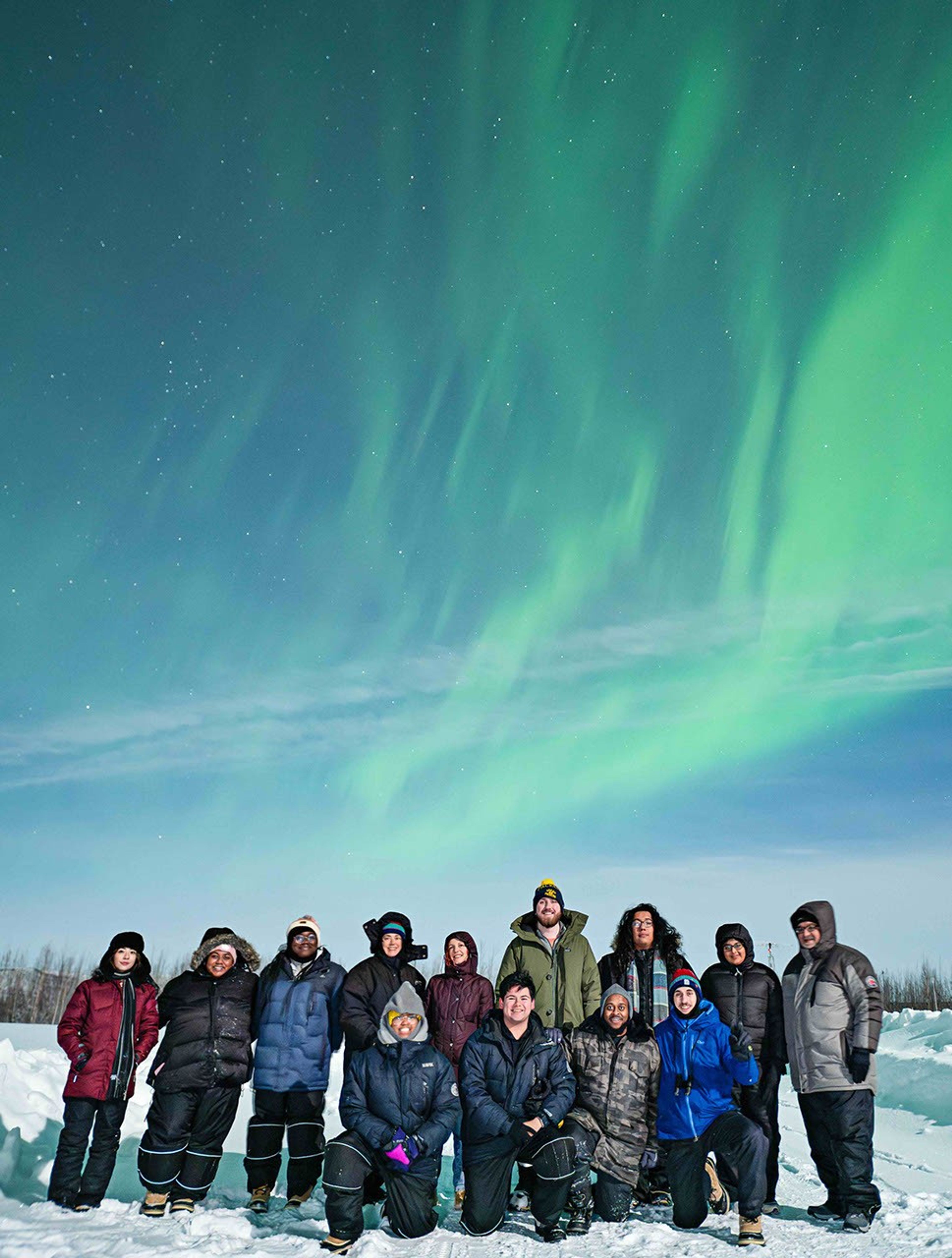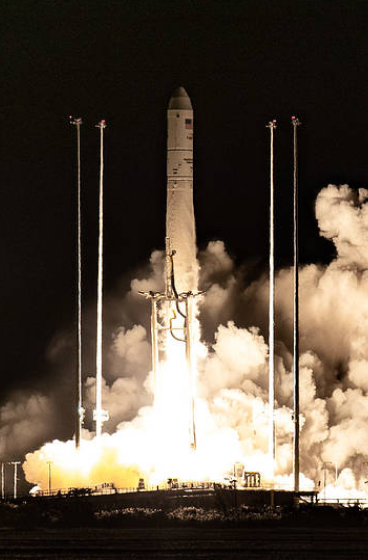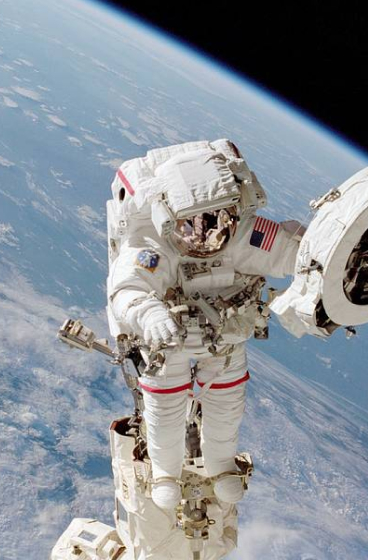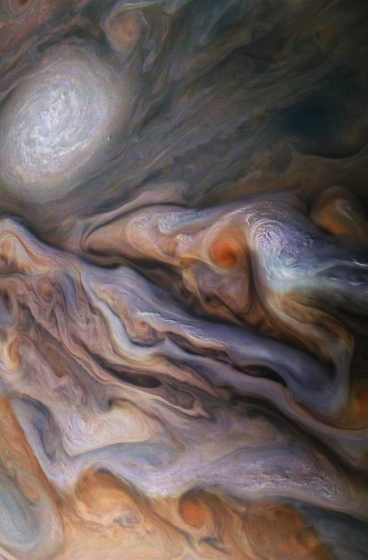By Kelsey Perrett
Eclipse Soundscapes
Want to experience a solar eclipse with ALL of your senses? The Eclipse Soundscapes Project, a NASA citizen science project funded by NASA’s Science Activation program, allows you to do just that while advancing our knowledge of how solar eclipses affect life on Earth.
What Is the Eclipse Soundscapes Project?
During the Oct. 14, 2023, annular solar eclipse and the April 8, 2024, total solar eclipse, the Eclipse Soundscapes Project will revisit an eclipse study from almost 100 years ago, which showed that animals and insects are affected by solar eclipses. Using observations from the public, the study reported visual and acoustic changes in the natural environment. For instance, several participants noted that near totality – the phase of an eclipse where the Sun is completely blocked – crickets began chirping as they do at dusk.
Much like this early eclipse study, Eclipse Soundscapes will enlist the public’s help. Participants will collect multisensory observations and recorded sounds from the 2023 annular solar eclipse and the 2024 total solar eclipse. That data will help scientists understand the impact of solar eclipses on various U.S. ecosystems.
How to Participate
There are many ways to participate in the Eclipse Soundscapes Project, either as an individual or a facilitator. The facilitator role is a great choice for scientists, educators, library staff, troop leaders, park staff, and other community leaders who want to organize and support others in participating in the Eclipse Soundscapes Project. Individuals may participate in one or more of the following roles:
Apprentice: Learn about annular and total solar eclipses
Observer: Observe an eclipse with all of your senses and submit your observations to the Eclipse Soundscapes website
Data Collector: Collect data using an AudioMoth recorder and mail your data to the Eclipse Soundscapes team
Data Analyst: Analyze sound data using your computer or mobile device (coming in 2024)
Eclipse Soundscapes and Accessibility
Solar eclipses have traditionally been considered a visual phenomenon. For this reason, many individuals – including people who are blind or have low vision – have often been left out of eclipse learning opportunities. Eclipse Soundscapes wants to change that.
The Eclipse Soundscapes Project will encourage participants to learn and observe using all of their senses. While there is an intentional focus on the inclusion of people who are blind or have low vision, the project is designed to be inclusive of everyone. This encourages people of all abilities to learn alongside one another. Eclipse Soundscapes believes science benefits from the inclusion of many people and perspectives.
Sound like fun? To get involved, go to EclipseSoundscapes.org or sign up for email updates here.

























